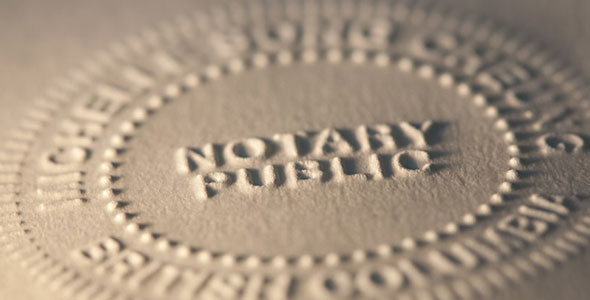Debunking Notarial Job: Simplifying the Duty and Value of Notaries
Their role, commonly shrouded in mystery for numerous, carries substantial weight in making sure the validity and stability of vital records. By unwinding the complexities losing and surrounding notarial practices light on the value of their acts, a more clear understanding arises of the important duty notaries play in promoting the fabric of legal and legal agreements.
The History of Notarial Job
Exactly how did notarial work evolve in time to become an indispensable part of lawful and company transactions? The background of notarial job go back to ancient human beings, where scribes played an essential role in taping important information and verifying files. As cultures advanced, the requirement for a more formalized system to make certain the legitimacy of arrangements occurred. This brought about the advancement of notaries, individuals appointed by the state to act as objective witnesses in legal issues.
During the Middle Ages, notaries got prominence in Europe, with their functions increasing to include drafting lawful documents, accrediting trademarks, and maintaining documents. The surge of international trade better emphasized the value of notarial operate in verifying agreements and arrangements throughout boundaries.
In the modern-day era, notaries continue to play a crucial duty in lawful and business transactions by verifying identifications, confirming the credibility of files, and protecting against fraud. Their role in accrediting the legitimacy of contracts adds a layer of safety and depend the ever-evolving landscape of business and legislation.

Responsibilities and Obligations of Notaries
The historic development of notarial work from ancient worlds to the contemporary era has actually formed the distinctive obligations and duties that notaries maintain in lawful and business deals today. Notaries play a vital function in verifying the credibility of papers and the identification of signatures. Among their primary duties is to witness the signing of important records, such as wills, acts, and agreements, to make sure that all celebrations are becoming part of arrangements intentionally and willingly. Notaries likewise confirm that signatories are of audio mind and not under discomfort or browbeating.
In addition, notaries are tasked with carrying out affirmations and vows, which are vital in legal procedures and the implementation of sworn statements. They certify copies of original papers, providing guarantee to establishments that the copies hold true reproductions of the originals. Notaries must maintain exact records of all deals they look after to ensure transparency and responsibility. Overall, the tasks and duties of notaries are necessary in protecting the stability and legitimacy of different records and purchases.
Notarial Certificates and Signatures
Exhibiting meticulous focus to information, notarial certificates and trademarks act as crucial parts in confirming the credibility of lawful records. Notarial certifications commonly have critical info such as the day of notarization, the names of the signatories, a summary of the document, and the notary's official seal. These certifications supply a clear Full Report record of the notarial act, ensuring that the paper can be quickly determined and mapped back to the notary that oversaw the procedure.
Signatures play a crucial role in notarial work, as they signify the agreement and approval of the events entailed. Notaries thoroughly witness the finalizing of files to verify the identification of the signatories and confirm that they are signing of their very own complimentary will. By affixing their official seal and signature to the paper, notaries certify that the needed treatments have been complied with and that the file is valid and enforceable.
Basically, notarial certifications and signatures are the hallmark of authenticity in lawful purchases, giving assurance to all events involved that the files are reputable and binding.
Significance of Notarial Acts
:max_bytes(150000):strip_icc()/GettyImages-598314157-cb6389c9e28f4c1aaf002263febab019.jpg)
Registration Process Discussed
Explaining the registration process offers quality on the necessary steps involved in confirming legal papers. The registration process usually begins with the specific providing the paper to a notary public. The notary then verifies the signer's identification via acceptable recognition approaches. Once the identification is confirmed, the notary makes sure that the individual authorizing the record does so voluntarily and with no browbeating.

Verdict

Notarial certificates usually consist of crucial details such as the date of notarization, the names of the notaries, a description of the file, and the notary's official seal. These certificates give a clear record of the notarial act, making certain that the paper can be conveniently recognized and mapped back to have a peek at this site the notary that managed the procedure.
By affixing their main seal and trademark to the paper, notaries accredit that the necessary procedures have been complied with and that the document is valid and enforceable.
By confirming the identification of the notaries, verifying their readiness to enter right into the contract, and accrediting the date and place of the signing, notaries play an essential duty in promoting the credibility of legal papers.After the record is authorized, the notary will certainly affix their official seal or stamp onto the file.